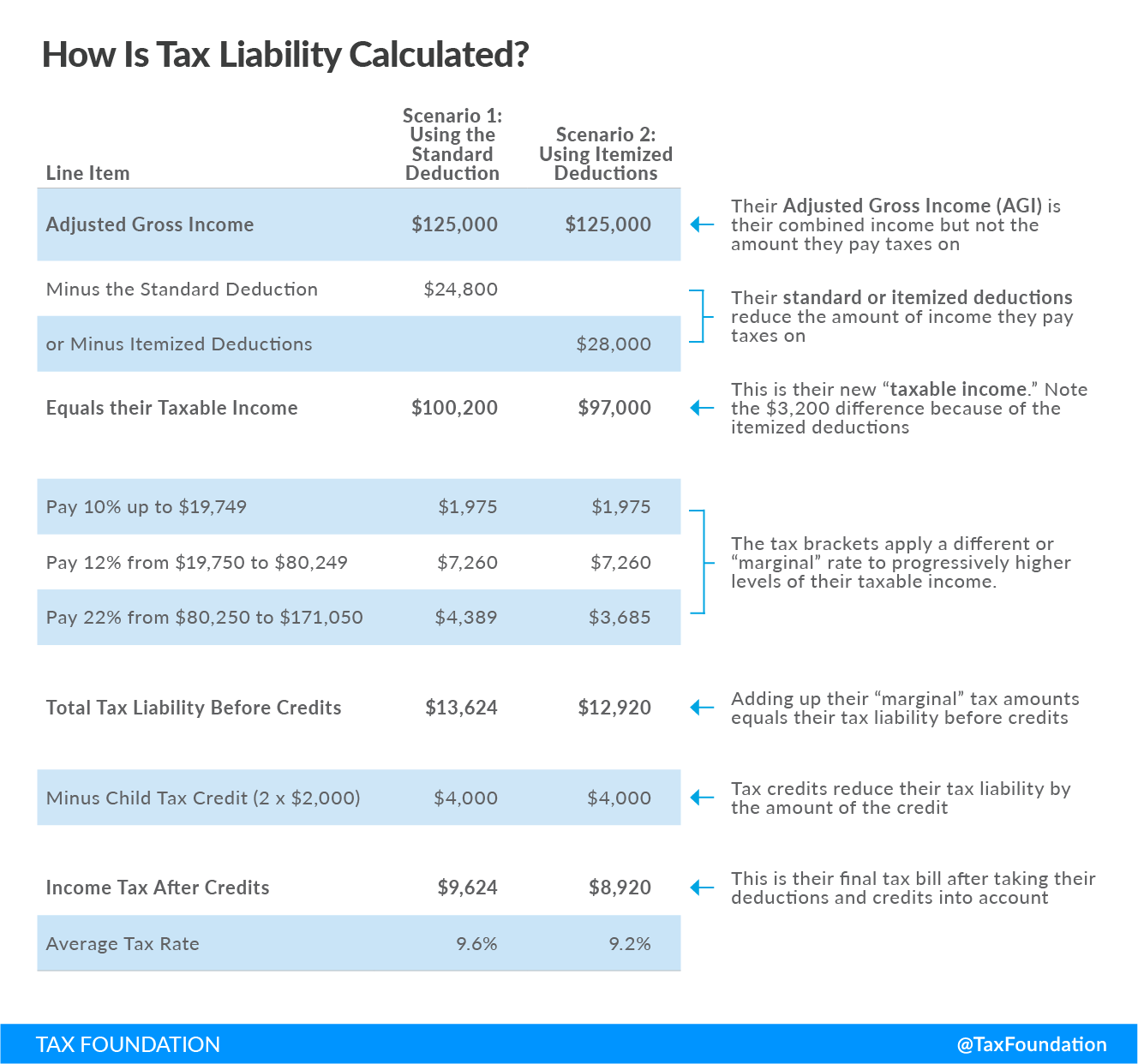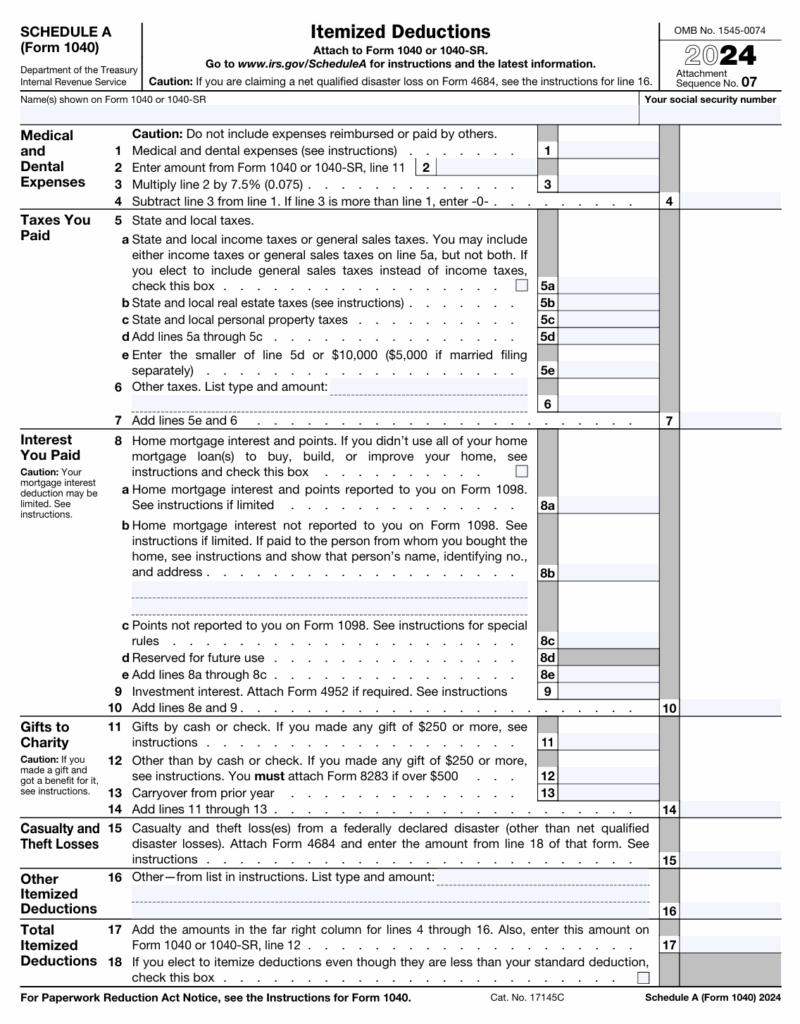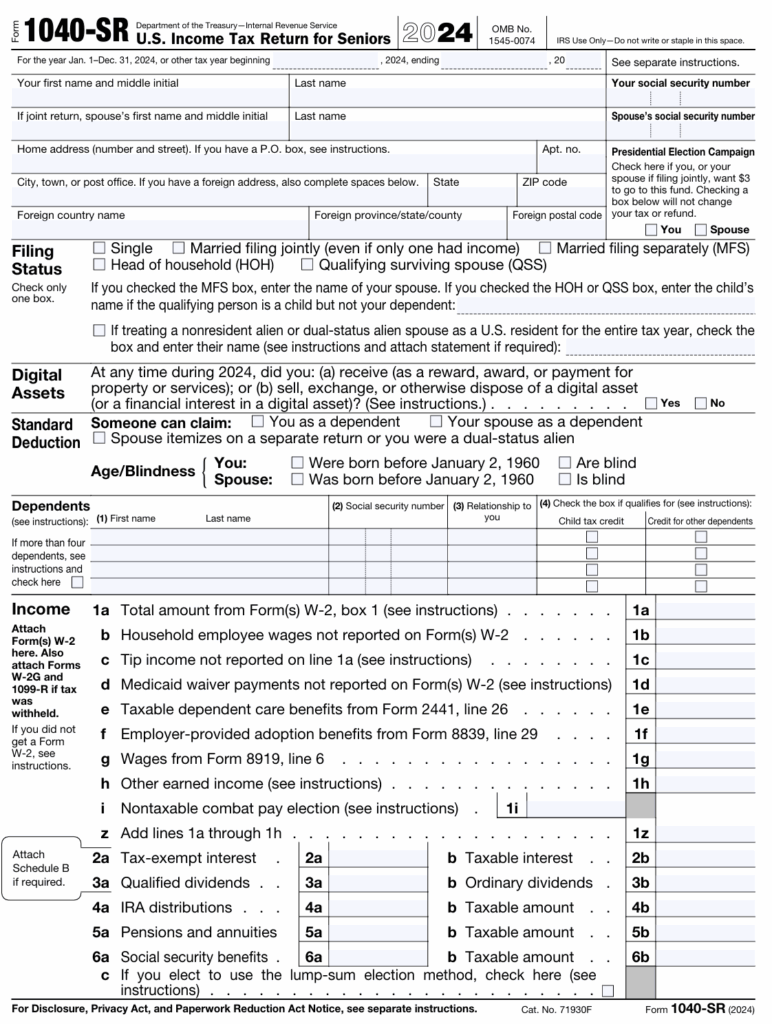What to check before applying the FEIE Standard Deduction to your foreign-earned income
All Concerning the Foreign Earned Income Exclusion: Optimizing Your Criterion Reduction Perks
The Foreign Earned Revenue Exemption (FEIE) provides an important chance for united state residents living abroad to decrease their tax obligations. Understanding the qualification criteria is important for those looking for to gain from this exemption. In addition, declaring the standard reduction can boost overall tax obligation benefits. Nonetheless, handling this procedure involves cautious attention to information and an awareness of usual pitfalls. Discovering these aspects can offer quality and maximize potential tax advantages.
Comprehending the Foreign Earned Earnings Exemption (FEIE)
The International Earned Revenue Exemption (FEIE) allows united state residents and resident aliens working abroad to exclude a section of their foreign earnings from government income tax. This provision functions as an economic alleviation system, allowing expatriates to preserve a larger share of their earnings made in foreign countries. By reducing gross income, the FEIE aids alleviate the worry of dual taxation, as individuals might additionally undergo tax obligations in their host nations. The exclusion uses only to earned revenue, that includes salaries, wages, and professional charges, while easy earnings and investment gains do not certify. To take advantage of the FEIE, people need to file specific types with the internal revenue service, outlining their international incomes and residency - FEIE Standard Deduction. Comprehending the nuances of the FEIE can significantly influence monetary preparation for united state people living overseas, making it vital for expatriates to stay notified regarding this beneficial tax obligation provision
Eligibility Criteria for the FEIE
To qualify for the Foreign Earned Revenue Exclusion (FEIE), individuals have to satisfy particular qualification criteria. This consists of gratifying residency demands, passing the physical presence test, and establishing a tax obligation home in an international country. Each of these aspects plays a vital function in figuring out whether one can profit from the exclusion.
Residency Requirements
Meeting the residency demands is necessary for individuals looking for to qualify for the Foreign Earned Earnings Exclusion (FEIE) To be qualified, taxpayers should develop an authentic house in an international nation or nations for an undisturbed duration that generally covers an entire tax year. This demand stresses the necessity of a deeper connection to the international area, relocating past mere physical existence. People must demonstrate their intent to reside in the foreign nation and have actually established their living situation there. Factors such as the length of stay, type of real estate, and local community participation are considered in identifying residency. Meeting these criteria is vital, as failure to do so might invalidate one from gaining from the FEIE.
Physical Existence Examination
Developing eligibility for the Foreign Earned Revenue Exemption (FEIE) can additionally be attained through the Physical Visibility Test, which needs individuals to be physically present in an international country for at the very least 330 full days throughout a successive 12-month duration. This examination is advantageous for those who may not satisfy the residency demand yet still reside abroad. The 330 days need to be complete days, indicating that any type of day spent in the USA does not count toward this total. It is essential for people to maintain accurate documents of their traveling days and areas to sustain their cases. Efficiently passing this test can significantly lower taxable revenue and boost financial outcomes for expatriates.
Tax Obligation Home Location
Tax obligation home location plays an important role in figuring out qualification for the Foreign Earned Revenue Exemption (FEIE) To certify, a private have to establish a tax obligation home in a foreign country, which suggests their main area of business is outside the USA. This stands out from a plain home; the specific should conduct their work in the foreign country while keeping a significant connection to it. The IRS calls for that the taxpayer can show the intent to remain in the international location for an extensive duration. Additionally, maintaining a home in the united state can complicate eligibility, as it might recommend that the individual's real tax home is still in the USA. Comprehending this standard is critical for making the most of FEIE advantages.
Just how to Claim the FEIE on Your Tax Return
Declaring the Foreign Earned Revenue Exemption (FEIE) on an income tax return calls for careful attention to detail and adherence to details IRS standards. Taxpayers have to first confirm eligibility by fulfilling either the bona fide house test or the physical visibility examination. Once qualification is validated, they must finish IRS Form 2555, which details international earned income and appropriate info regarding their tax obligation home.
It is important to report all foreign earnings precisely and preserve proper documents to support claims. Taxpayers should likewise know the optimal exemption limitation, which goes through annual changes by the IRS. Declaring Type 2555 alongside the annual tax obligation return permits taxpayers to exclude a part of their foreign incomes from U.S. tax. It is recommended to get in touch with a tax expert or Internal revenue service resources for upgraded information and support on the FEIE procedure, ensuring compliance and maximization of potential benefits.

The Requirement Deduction: What You Need to Know
How does the standard deduction effect taxpayers' general economic scenario? The standard deduction offers as a significant tax advantage, decreasing taxable earnings and potentially lowering tax liabilities. For the tax obligation year 2023, the typical reduction is set at $13,850 for single filers and $27,700 for married couples filing jointly. This reduction streamlines the declaring process, as taxpayers can choose it instead of itemizing deductions, which calls for detailed record-keeping.

Taxpayers earning international income might still assert the typical reduction, gaining from minimized taxable revenue also while utilizing the Foreign Earned Earnings Exclusion (FEIE) However, it is important to note that the conventional reduction can not be incorporated with itemized deductions for the exact same tax year. As a result, comprehending the typical reduction permits taxpayers to make informed choices concerning their tax approaches, taking full advantage of available advantages while guaranteeing compliance with internal revenue service laws
Approaches for Maximizing Your Deductions
Making best use of deductions under the Foreign Earned Earnings Exemption needs a clear understanding of earned revenue limitations and the advantages of claiming real estate exemptions. In addition, using Form 2555 properly can improve the capacity for considerable tax savings. These strategies can substantially influence the total tax liability for expatriates.
Understand Earned Revenue Restrictions
While several expatriates seek to lower their tax problem, comprehending the gained earnings limits is essential for properly leveraging the Foreign Earned Income Exemption. The Irs (INTERNAL REVENUE SERVICE) establishes certain limits that determine the maximum quantity of international made income eligible for exemption. For the tax obligation year 2023, this limitation is $120,000 per qualified individual. Exceeding this threshold may cause tax on the revenue above the limit, decreasing the advantages of the exemption. To optimize reductions, migrants should keep precise records of their international earned revenue and analyze their eligibility for the exemption annually. Strategic planning around these limits can substantially enhance tax obligation savings, permitting migrants to maximize their financial circumstance while living abroad.
Asserting Real Estate Exclusion Perks
Lots of migrants forget the potential advantages of asserting the Housing Exclusion, which can considerably minimize their gross income. This exclusion enables individuals living abroad to subtract specific housing expenses from their gross earnings, making it easier to meet financial obligations without sustaining considerable tax obligations. To optimize this benefit, expatriates must validate they certify based on their residence and employment scenarios. Additionally, recognizing qualified expenses-- such as lease, utilities, and maintenance-- can enhance the general reduction. Keeping detailed documents of these prices is vital for validating cases. By strategically steering with the Housing Exemption, expatriates can especially reduce their tax obligation concern and maintain even more of their revenues while living overseas, inevitably enhancing their economic health.
Make Use Of Form 2555 Successfully
Using Type 2555 properly can considerably boost the economic benefits available to migrants, particularly after making use of the Housing Exemption. This kind enables people to claim the Foreign Earned Revenue Exemption, which can considerably minimize taxable income. To maximize straight from the source reductions, expatriates need to validate they meet the certifications, consisting of the physical visibility examination or the bona fide residence examination. It is important to precisely report all foreign gained revenue and to maintain detailed documents of eligibility. Additionally, making use of the Real estate Exemption in tandem with Form 2555 can further decrease total tax obligation obligation. By recognizing the intricacies of these kinds, migrants can optimize their tax circumstance and keep more of their hard-earned income while living abroad.
Typical Pitfalls to Avoid When Filing Your Tax Obligations Abroad

Regularly Asked Inquiries
Can I Assert Both FEIE and the Foreign Tax Obligation Credit History?
Yes, a person can assert both the Foreign Earned Revenue Exclusion (FEIE) and the Foreign Tax Obligation Credit History (FTC) Nonetheless, they have to ensure that the very same revenue is not made use of for both advantages to stay clear of dual advantages.
What Happens if I Exceed the FEIE Earnings Limit?
Surpassing the Foreign Earned Income Exclusion (FEIE) earnings limit leads to the ineligibility for the exemption on the excess quantity. This can cause taxable earnings in the United States, needing appropriate tax filings.
Exist Any State Tax Implications for FEIE?
State tax effects for the Foreign Earned Income Exemption (FEIE) differ by state. Some states may tax foreign income while others follow federal exemptions, making it vital for individuals to speak with state-specific tax obligation regulations for quality.

Just How Does FEIE Influence My Social Safety Perks?
The Foreign Earned Earnings Exemption (FEIE) does not straight impact Social Protection benefits. However, income excluded under FEIE might impact the calculation of average indexed month-to-month revenues, potentially influencing future advantages.
Can I Revoke My FEIE Election After Asserting It?
Yes, a person can withdraw their International Earned Income Exemption (FEIE) election after claiming it. This retraction should be carried out in writing and sent to the IRS, sticking to details guidelines and target dates.
Understanding the Foreign Earned Revenue Exclusion (FEIE)
The Foreign Earned International Exclusion RevenueExemption) allows U.S. enables and resident aliens working abroad functioning exclude an omit of part foreign earnings international incomes income government. Taxpayers making international revenue may still declare the basic reduction, profiting from reduced taxable revenue also while using the Foreign Earned Revenue Exemption (FEIE) Making the most of deductions under the Foreign Earned Income Exclusion requires a clear understanding of made revenue limitations and the advantages of claiming Recommended Reading real estate exemptions. While numerous migrants look for to decrease their tax concern, comprehending the gained revenue limits is crucial for properly leveraging the Foreign Earned Revenue Exemption. Surpassing the Foreign Earned Income Exemption (FEIE) revenue limitation results in the ineligibility for the exclusion on the excess quantity.